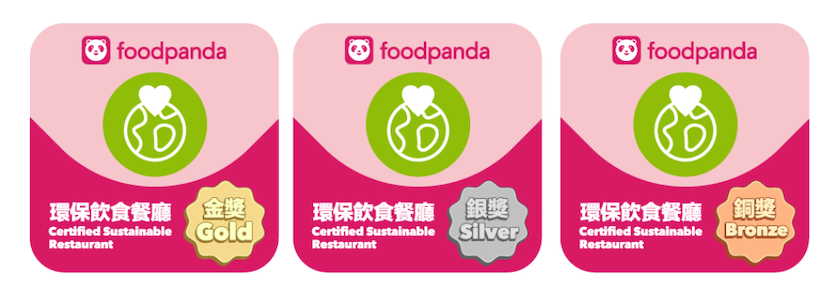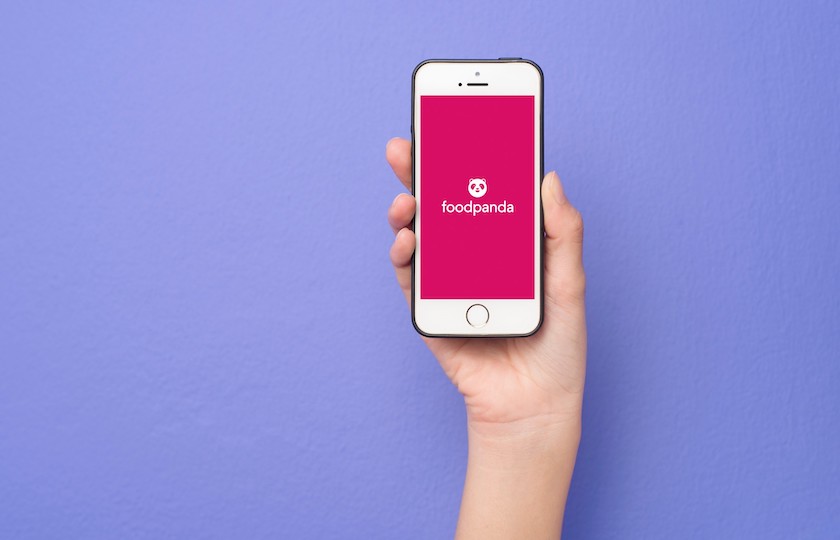Working with the WWF, Foodpanda in Hong Kong is helping consumers to identify restaurants that are going the extra mile in sustainability initiatives.
Restaurants can now apply to be assessed, receiving different levels of accreditation – bronze, silver and gold – based on their execution of sustainability strategies.
The two organisations believe the system will both encourage local restaurant partners to pay more attention to sustainable practices in their operations and give customers better access to sustainable dining options.
The assessment criteria for the program was designed by Foodpanda’s German parent Delivery Hero SE, and reviewed and endorsed by WWF-Hong Kong prior to introduction in the territory. Participating restaurants must submit to a “rigorous assessment” of their sourcing, food preparation, packaging, waste reduction and other practices. Once awarded, their bronze, silver or gold status will be displayed on Foodpanda’s app.
The food-delivery company is also making sustainable packaging available to restaurant partners at a subsidised cost to help them achieve accreditation.
One of the first restaurants and food providers to endorse the plan was Green Common, which is dedicated to promoting sustainability through greener diets to alleviate threats to the planet.
“This certification from Foodpanda is a milestone for us and for the society, as it symbolises the growing awareness of sustainability for individuals and foodservice practitioners alike,” said David Yeung, founder & CEO of parent Green Monday. (Green Common recently partnered with hospitality group Great Eagle to train food-industry professionals in Hong Kong in the use of plant-based ingredients to inspire change across menus.)
High-profile vegan-food pioneer Bobsy Gaia is another to sign up. His Mana! restaurant and Green Common both received silver accreditation.
“‘Diet change, not climate change’ is a slogan we coined in 2008 to reflect our mission and drive to raise awareness about the number one cause of global pollution – namely our diet of eating meat, fish and dairy,” said Gaia. “Today that has become a universal clarion call for younger generations. Mana! continues to inspire change and lead the way, and Foodpanda’s sustainable certification demonstrates how far we have all come together,” he said.

Ryan Lai, MD at Foodpanda Hong Kong, said sustainability has always been a priority for the company, which places topics such as environmental friendliness and waste reduction at the centre of its operations.
“As a leading local food-delivery platform, we are hoping to bring changes to the food-delivery and catering industry to gradually adopt a more sustainable operational model with the launching of this scheme. At the same time, we hope to highlight those greener restaurants to eco-conscious customers, offering options beyond just delicious foods. We are delighted to have the support from WWF-Hong Kong and many other partners in launching the scheme, working together to better serve the community and the environment,” he said.
Food waste and plastic constitute more than 50 per cent of Hong Kong’s municipal waste, according to Dr Laurence McCook, director, oceans conservation, at WWF-Hong Kong.
“We are happy to see Foodpanda’s effort promoting sustainable restaurants. Food waste that ends up in landfills not only takes up space but also releases methane – a greenhouse gas even more potent than carbon dioxide. About 6-8 per cent of all human-caused greenhouse gas emissions could be reduced if we stop wasting food.
“The rise of food takeaways during the pandemic also leads to a staggering amount of disposable plastic waste being generated in the city. The food and beverage industry, therefore, plays an important role to address these problems by implementing sustainable practices throughout the businesses,” said McCook.
Working with WWF-Hong Kong, Foodpanda has launched several sustainability initiatives to date, including a ban on selling shark-related products on its platform which resulted in the removal of more than 500 shark-related items from the menus of 145 restaurant partners. Foodpanda also joined WWF-Hong Kong’s “Plastic Action” initiative early last year, pledging to phase out all single-use plastic tableware and implementing a default opt-out option for single-use plastic cutlery. As of June 1, more than 50 million sets of cutlery were saved from being sent to landfills.
- Main image: @Tonefotografia via Twenty20.



